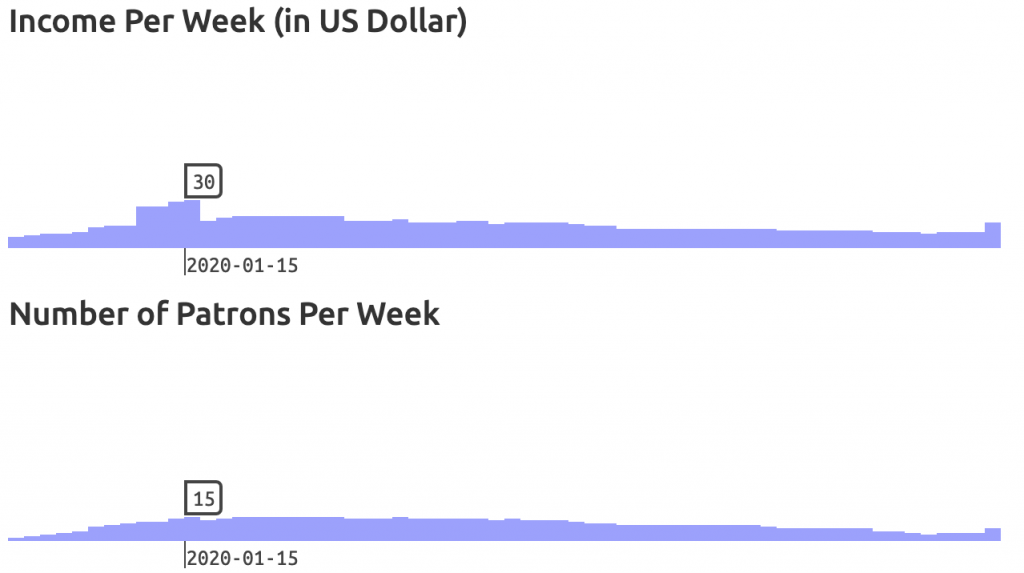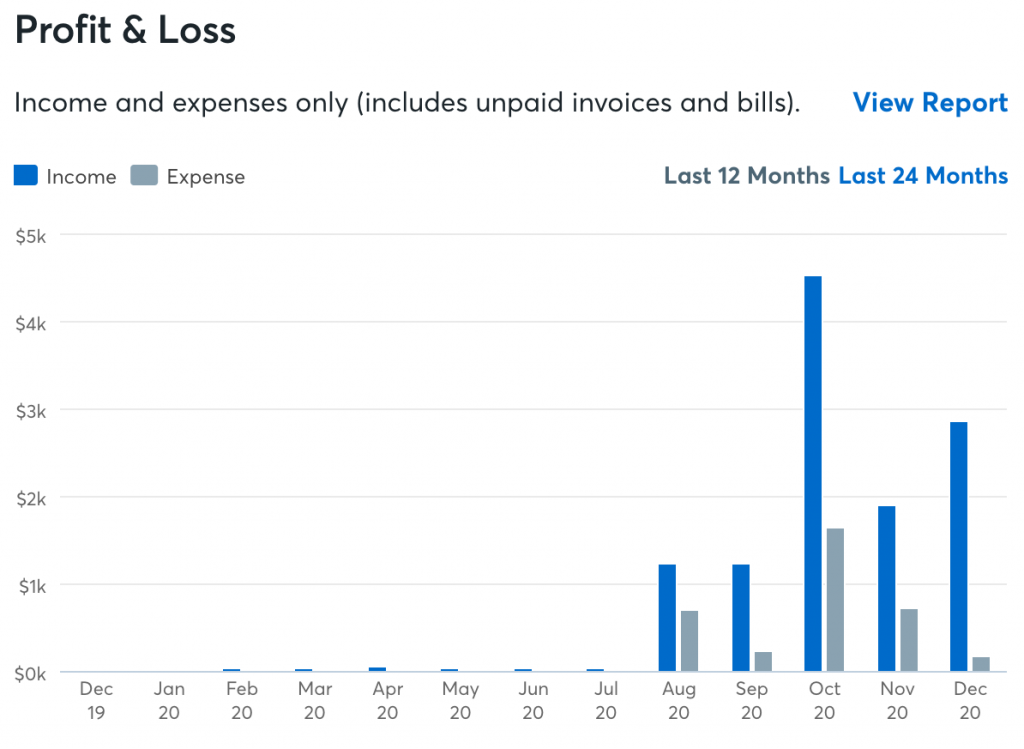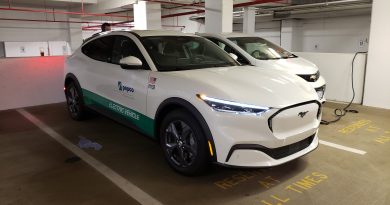Year-End Wrap-Up: Internal Business Operations
Well, I channeled all of the bad juju of 2020 out in a Facebook post yesterday. I also facilitated the burning of a lot of that energy in a literal dumpster fire. So, let’s focus on the positive. Or at least mostly. This post is about our internal business operations in 2020 in Detroit and beyond. It was a weird year to try and start something new, but as they say, there’s no time like the apocalypse!
Earlier in my career, I was very interested in figuring out how to demystify a lot of the business processes that govern community development work. So, I may regret this, but here are all of the financials from all of the messes I got myself into this year. Let’s remember in looking at these charts that I’ve been in school full-time and only jumped into the consulting business in the fall full-time while pulling a 3.6.
Business Development
Some backstory about the sales development process here: Over the summer, I interviewed for a business development position with [a guy from StartingBloc] who started [a company doing stuff relevant to my line of work]. He turned me down and told me in no uncertain terms that he thought I’d be lousy at sales (what is it with these awkward Stanford MBA types and their manner!?). This was around the time that the Matterport came into my life. And, so miffed was I that it kind of lit a fire under me to try and push the platform really hard. With no direct sales experience whatsoever, I found that it was pretty easy to sell Matterport.
The biggest problem was that prospective clients were faced with this duality of a problem: they understood the value of Matterport given COVID, but their budgets were limited because of COVID. A catch-22, to be sure. However, the real value here was in the balance of clients. I could get a $2,000 job, but I could also get a $100 job, or I could do a volunteer-ish job in exchange for a shit ton of amazing food. Balancing this with consulting work was
Subscription Growth
Subscription revenue increased steadily, basically the entire year. I moved from an original emphasis on Liberapay to an increasing focus on Patreon. Patreon low-key sucks as far as charging fees on payments and delivering zero direct value. But their interface makes it easy to see who is giving how much and when. Liberapay, in contrast, is pedicated on anonymity. This is no good for a socially-oriented platform. But, outrageous fees aside, I’ll deal with Patreon for now. Here’s how it looks:
Revenue vs. cash? How does that work?
Oh, you mean you don’t have a mail-order MBA from the 2U Happy Shareholder School of Business? Well. I can explain this. “Revenue” is a theoretical measurement of income. “Cash” is the real deal. If I do a job for you worth $10,000, I’ve “made” $10,000 in terms of accrual-based accounting. However, I haven’t “made” any money in real terms until I’ve actually gotten the cash. The concept of revenue recognition is crucial within accounting theory because it allows things to be normalized that aren’t normalized, and it allows companies to sometimes more accurately and sometimes more inaccurately represent earnings. Inflating earnings is only feasible in a short-term if you can’t convert revenues into cash.
This was a problem on some harder-to-collect accounts. While revenue was great, our ability to convert revenue into cash was actually a bit stymied by a couple of specific clients. One of these we’ve had to write off altogether as what we call “bad debt” or “uncollectible.” You know who you are, Lawrence. Three more clients we’re still waiting on, and this is a thing we can be flexible on because 1) the world is ending, 2) everybody seems to be going through it, and 3) one of these clients has always paid promptly in the past.
Cash conversion, cash flow, & profit and loss
In business terms, this struggle to collect is perhaps understandable for a fledgling enterprise launching its broader operations during a global pandemic. But I admit that it’s inexcusable from standpoint of competitiveness. It’s also unsustainable if it holds up. But anyway, this is why the P&L (right) looks so intense while the cash flow looks more wonky. The Ford job, for example, was done in September, but it was only invoiced in October. That’s why the October number is so high on the P&L chart. They didn’t end up paying until the end of December, and that’s why the December bar is so high on the cash flow chart.
Pro bono work
In Minneapolis, I was able to provide pro bono Matterport imaging for Juxtaposition Arts. I also provided volunteer services in Dubuque for imaging the historic Eagle Point Park pavilions. I did another dozen or so spaces on a volunteer basis, highlighting small businesses in Minnesota, Iowa, and Michigan, and I’m looking forward to more in the coming months. This amounted to a total of about 18.50 hours of volunteer time, valued at $2,775. There is some particularly monstrous provision of GAAP that says that I can account for this, but I can’t actually deduct it for tax purposes or include it as any revenue line item, so this footnote shall have to suffice.
In October, Matterport itself also authorized a grant to help me provide this service. Thanks to Linda McNair and Kurt Dahlin from Matterport, Gabby Coll from Juxtaposition Arts, Duane Hagerty from Heritage Works in Dubuque, and Chris Olson from the City of Dubuque.
Onward and upward
I’ve got a few new clients lined up already for January and am looking forward to continuing some ongoing client relationships. I’m also working on a bunch of new content– and revisiting some old content that didn’t materialize this year. One series will revisit my trip to the river parishes outside New Orleans, looking at the nexus of natural gas extraction and plastics. Another will look at national parks and the redefinition of public space post-COVID. Vishva Nalamalapu and Luo Yang will meanwhile be bringing more content from the West Coast and the Heartland, respectively. And, finally, my star contributors! Thanks to Raju Rayavarapu, Justin Brown, Omar Reyes, Adrianne Kolano, David Hilbert, Tim Swaddling, Zoë Hoster, and Justin Ströhm. Handbuilt would not be possible without you. Or the dozens of others. Thank you, and see you all in 2021!








